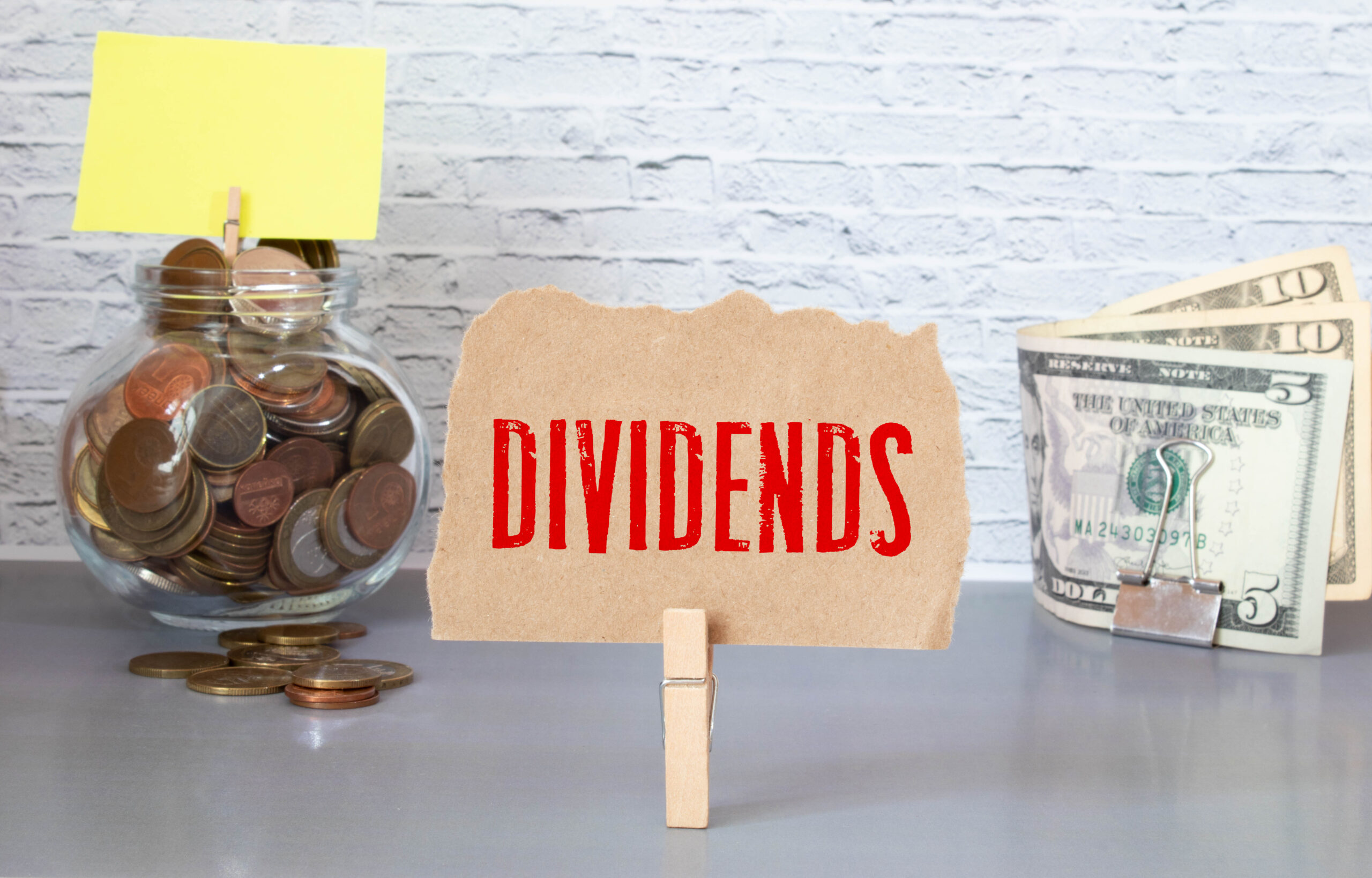Wall Street thinks The Trade Desk and Atlassian can ride the Nasdaq bull market higher over the next year.
The Nasdaq Composite (^IXIC 0.52%) recently entered a new bull market after crashing when President Trump began imposing tariffs earlier this year. Since 1990, the growth-focused index has been through six other bull markets, and it returned an average of 31% annually during those events.
That hints at substantial gains in 2026, and investors can lean into that possibility by purchasing shares of The Trade Desk (TTD 0.18%) and Atlassian (TEAM 1.25%). Wall Street is generally bullish on both artificial intelligence (AI) stocks:
- Among 41 analysts, The Trade Desk has a median target price of $68 per share. That implies 36% upside from its current share price of $50.
- Among 34 analysts, Atlassian has a median target price of $240 per share. That implies 60% upside from the current share price of $150. Additionally, even the lowest target price of $175 per share implies 16% upside.
Here’s what investors should know.
Image source: Getty Images.
1. The Trade Desk
The Trade Desk is the largest independent demand-side platform (DSP). Its adtech software helps brands plan, measure, and optimize digital campaigns across the open internet. Its most recent platform upgrade, called Kokai, features sophisticated artificial intelligence tools that help brands manage budgets, customize bids, and dynamically target audiences to improve campaign outcomes.
The Trade Desk’s independence, meaning it does not own advertising inventory that could bias spending on its platform, promotes transparency and objectivity. While competitors like Alphabet and Amazon have a clear incentive to steer brands toward their own ad inventory on platforms like Google Search and Amazon Marketplace, The Trade Desk avoids those conflicts of interest.
Frost & Sullivan analysts recently recognized The Trade Desk as the best DSP on the market for the second straight year, awarding the company the highest scores in both categories (i.e., growth and innovation). The report highlighted its independence, robust omnichannel capabilities, advanced AI features, and an extensive number of third-party data providers as key strengths.
Nevertheless, The Trade Desk stock has declined 57% year to date because the market is worried about slowing growth and increased competition from Amazon. Earlier this year, Amazon added features to its DSP that help brands optimize campaigns across third-party websites and connected TV — areas where The Trade Desk has historically been dominant.
However, The Trade Desk remains a likely winner in the long run due to its independence and capacity for innovation. Wall Street expects the company’s adjusted earnings to grow at 11% annually through 2026, which makes the current valuation of 28 times earnings look expensive. But I think analysts are overly pessimistic. The Trade Desk beat the consensus earnings estimate by an average of 11% in the last four quarters.
2. Atlassian
Atlassian develops work management software. Its best known product is Jira, which helps businesses plan, organize, and track projects across technical teams (development) and nontechnical team (marketing). But its portfolio also includes other major products like Confluence for knowledge management and Jira Service Management for IT support.
Atlassian is unique in its ability to connect technical and nontechnical teams with work management tools. The company also eschews traditional sales and marketing tactics in favor of freemium self-service software. That not only reduces friction for prospective customers, but also lets Atlassian outspend its competitors on research and development.
Consultancy Gartner recently ranked the company as a market leader in DevOps platforms, which facilitate collaboration between development and operations teams. And Forrester Research recently ranked Atlassian as a leader in knowledge management software, which facilitates teamwork by creating a centralized location where documents are organized and shared.
Atlassian last year introduced Rovo, a conversational AI product that features intelligent search and agentic capabilities. It surfaces personalized insights by analyzing data from internal and third-party applications. And it automates workflows across products like Jira and Confluence. Gartner recently ranked Atlassian as an emerging leader in generative AI technologies. And Morgan Stanley sees it as one of the companies best positioned to profit from AI agents.
Wall Street expects Atlassian’s adjusted earnings to increase at 19% annually through the fiscal year ending in June 2027. That makes the current valuation of 41 times earnings look relatively reasonable, especially when the company beat the consensus earnings estimate by an average of 16% in the last four quarters.
Annie Dean, a Vice President at Atlassian, is a member of The Motley Fool’s board of directors. Trevor Jennewine has positions in Amazon and The Trade Desk. The Motley Fool has positions in and recommends Alphabet, Amazon, Atlassian, and The Trade Desk. The Motley Fool recommends Gartner. The Motley Fool has a disclosure policy.


